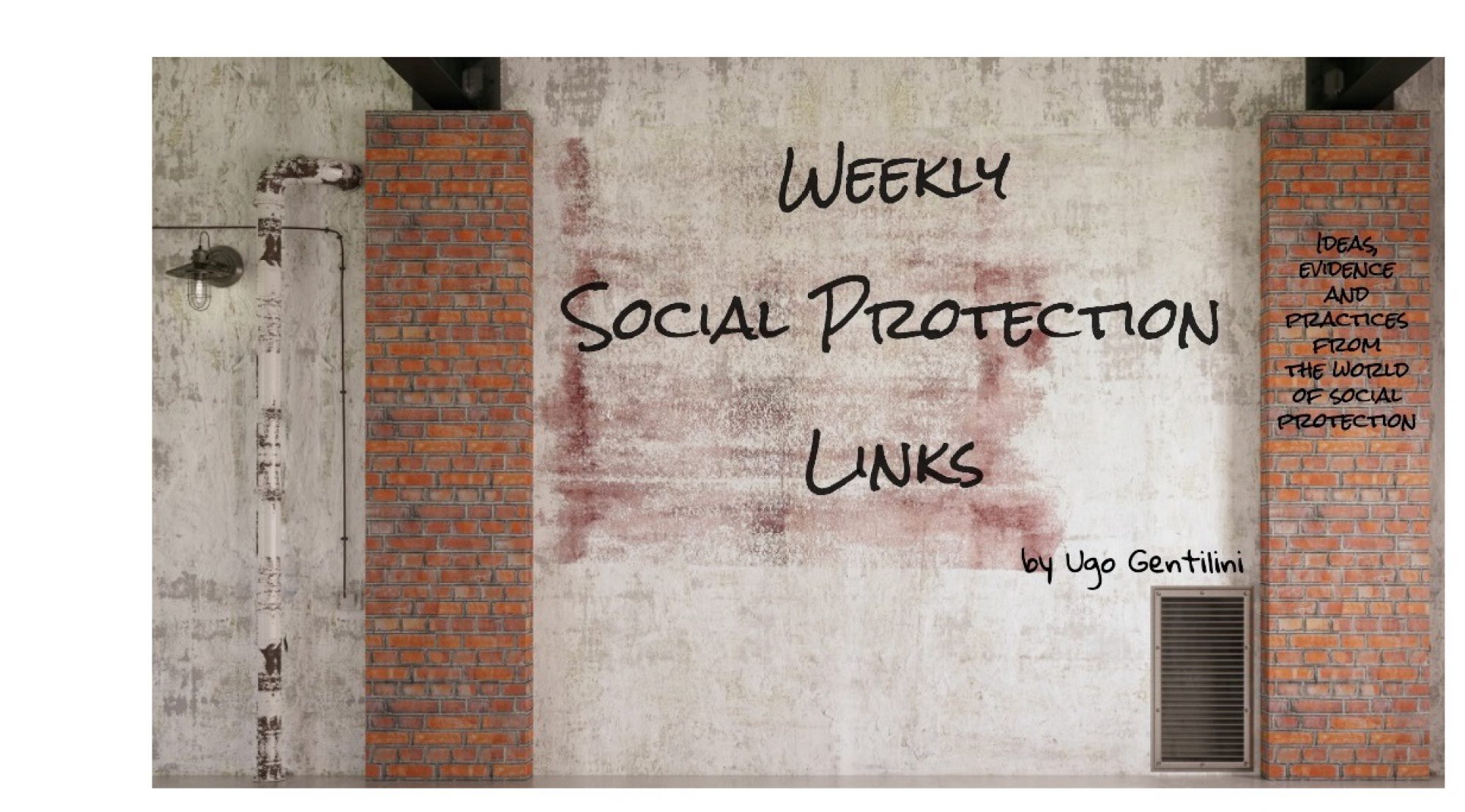After ‘Getting Better’, Charles Kenny’s optimistic view of the world also permeates his new book, ‘Results Not Receipts’ (sample chapter available here). It is largely a volume on institutions a la Acemoglu (although definitely smaller in size), where he basically argues that institutions can rapidly improve and that there is more to development outcomes than the quality of countries’ governance entail.
A couple of resilience publications: a paper explores the economic opportunities for entrepreneurs and companies to invest in climate change adaptation to enhance the resilience of Karamoja’s livestock value chain. Another report on Ethiopia looks at how self-help groups – a form of community-based approach to microfinance – contribute to the resilience of rural communities to shocks and stresses. (Bonus: a blog sets out simple ways to generate project feedback loops by communities).
Since I mentioned Africa — fiscal policy in the region is found to be relatively pro-cyclical, and development assistance seems to exacerbates such direction.
Some reflections on jobs in low-income contexts: a paper on Malawi discusses trends in wage and self-employment in non-farm economies. It shows that they are generally welfare-improving, but the poorest are often cut-out of such opportunities. Hence a role for social assistance transfers to help access high-return jobs. In Bangladesh, a working paper shows that social networks allow job seekers to find jobs quickly and at low search costs. But such intermediation ends up with higher mismatching of skills.
Pritchett has (for a change) two thought-provoking pieces: first, he questions why Silicon Valley and the likes are so focused on reducing the need for the most available global resource, i.e., labor (hint: it is linked to false labor scarcity and migration); he then presents graphs to illustrate the concept of external validity.
A couple of interesting resources of displacement: an ODI paper examines public attitudes toward refugees with polling data covering 16,000 people in 22 countries. Results show a substantial proportion of respondents are uncomfortable with current levels of immigration. A new report maps out the wellbeing and structure of long-term Afghani refugees in Pakistan.
The state of Hawaii took a milestone legislative step toward universal basic income, while The Economist reports on Finland’s basic income pilot (btw, in my view, that is not a UBI).
The Iraqi Public (food) Distribution System basically feeds the country, e.g., providing 70% of the calories of the poorest 40% of the population. New analysis explores reform alternatives, which seem costly – i.e., the removal of subsidies would require compensating poor households by about 75% of their expenditures (and nearly 40% for the richest in urban areas). More on food: five case studies examine experiences with food policy in urban areas.
Nutrition in Africa and Asia: NEPAD unveils the nutrition map showing that in over half of the continent stunting rates above 30 percent; the new Nutrition Action Plan was launched in the Philippines to support the 3.8 million stunted and 807,000 wasting-affected children in the country; an IFPRI discussion paper analyzes the performance of different food security indicators along agriculture-nutrition pathways in Indian states.
Two new poverty measurement pieces – in the Philippines, Datt finds significant declines in a multidimentional index, while a LAC paper tests three commonly used poverty ‘nowcasting’ methods (poverty ‘now’ as opposed to poverty 2-3 years ago).
